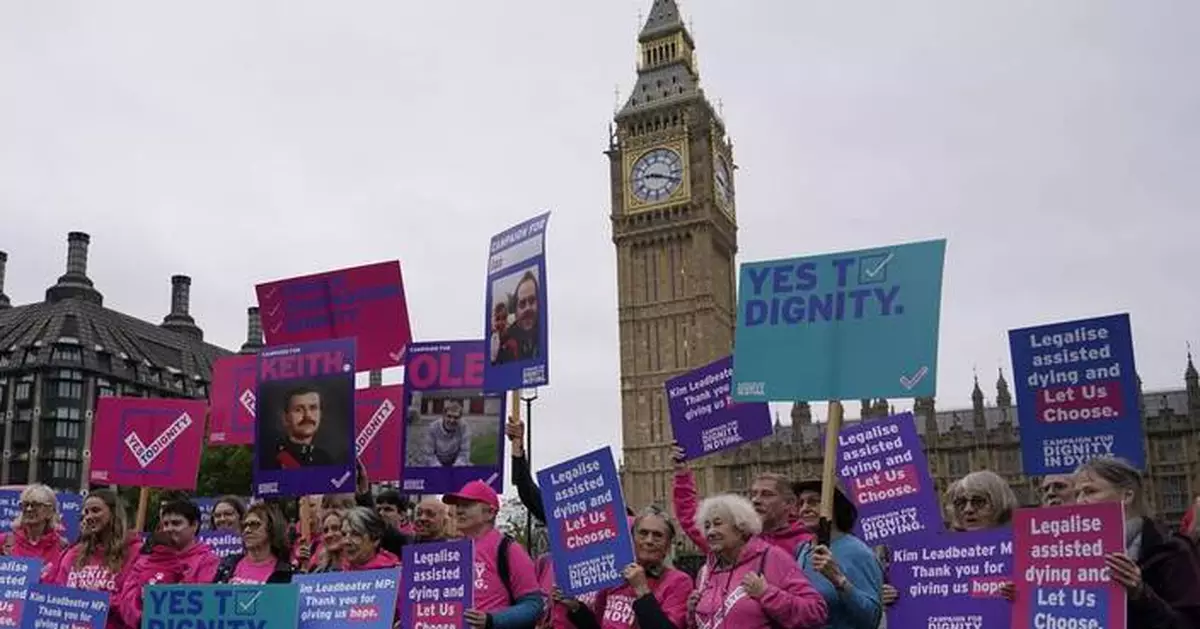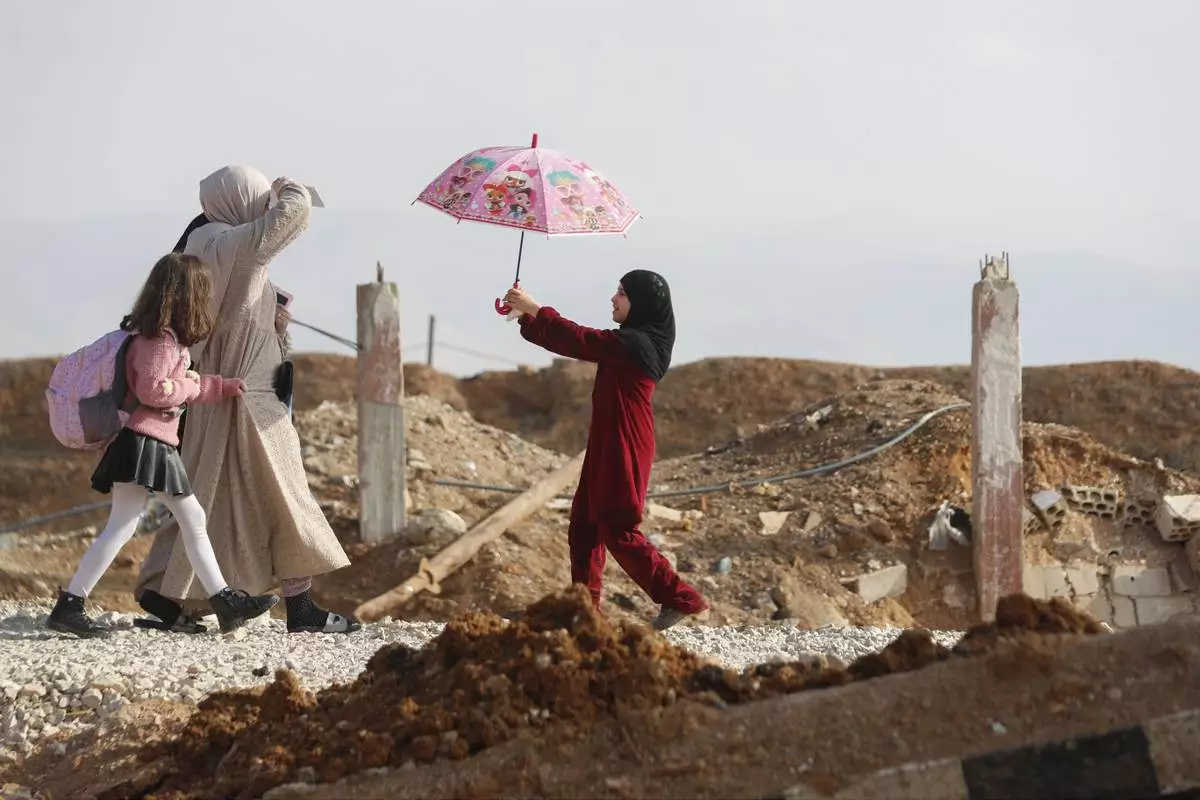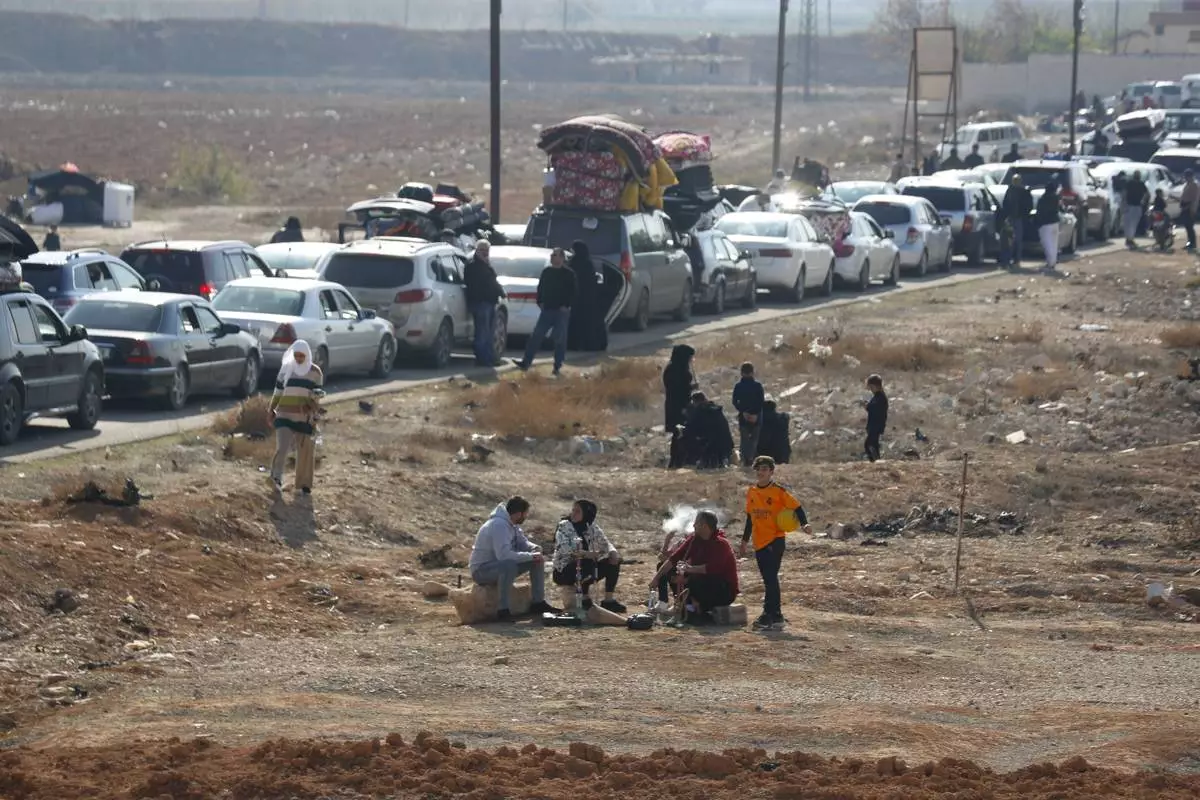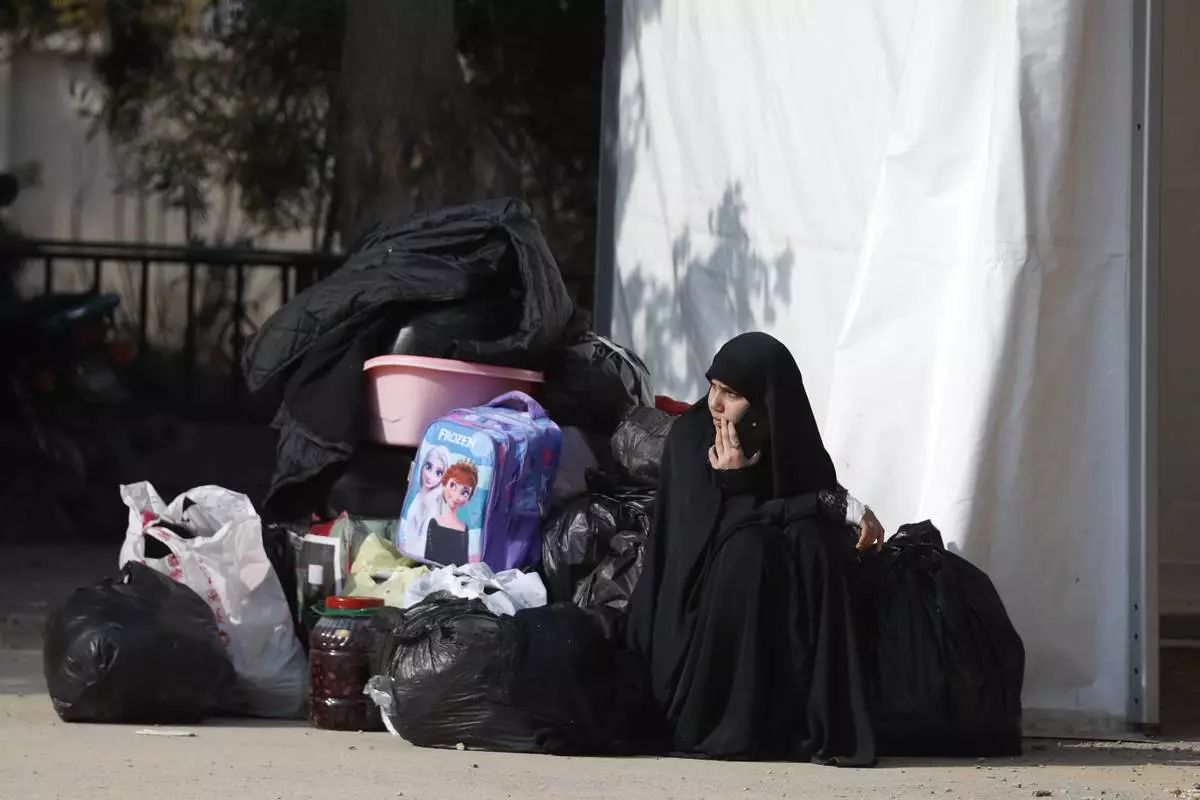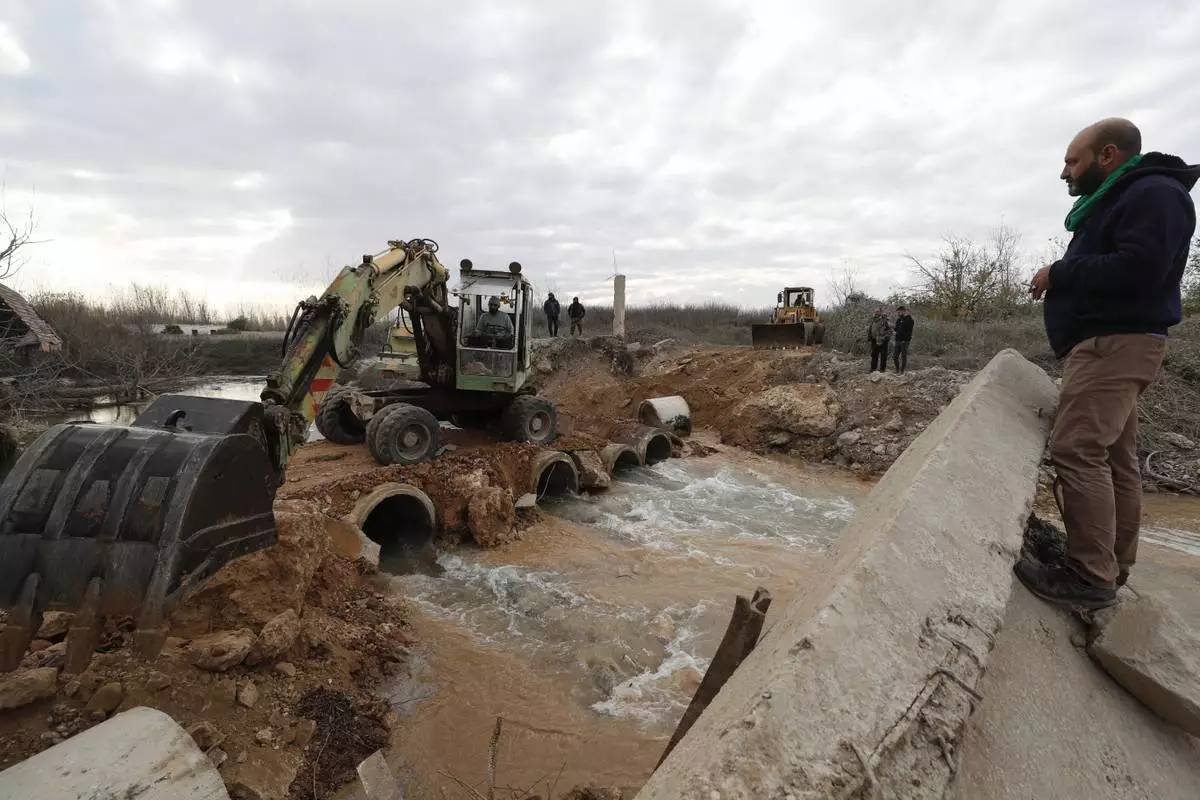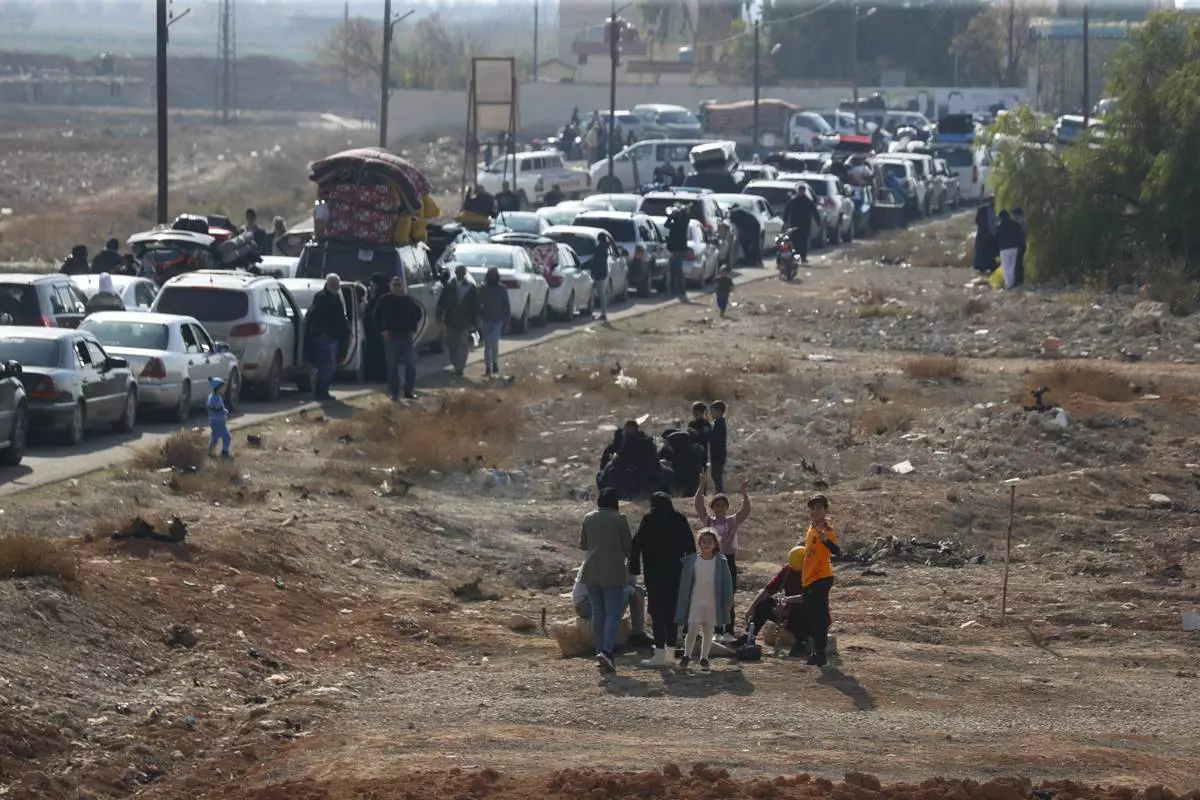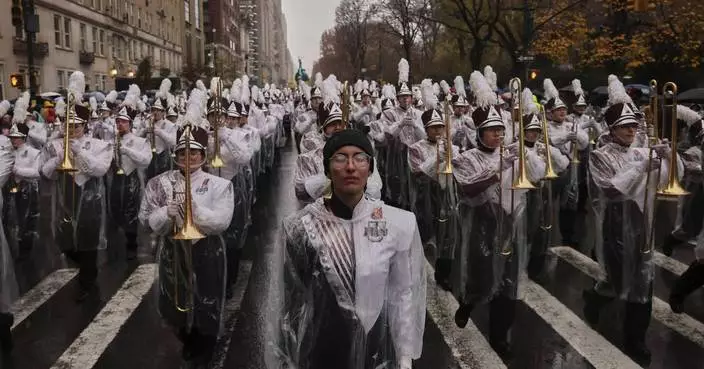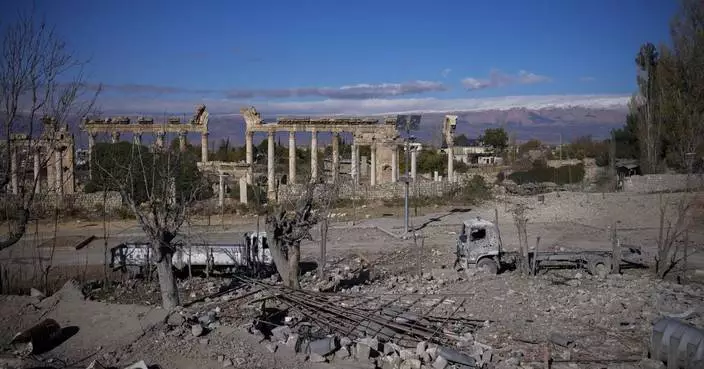LONDON (AP) — British lawmakers are expected to vote Friday on a law proposed to help terminally ill adults end their lives.
The contentious bill would allow adults expected to have fewer than six months to live to request and be provided with help to end their life, subject to safeguards and protections.
Members of Parliament (MPs), who have been holding emotional meetings with constituents and searching their souls, are due to debate the issue that crosses political lines.
Supporters say the law would provide dignity to the dying and prevent unnecessary suffering. Opponents say it would put vulnerable people at risk, fearing that some would be coerced to end their lives and that some elderly or disabled people may opt for death so they don't become a burden.
A vote in favor of the bill would send it to another round of hearings. A vote against it would kill it.
Here’s a look at what’s in the Terminally Ill Adults (End of Life) Bill and the next steps:
The House of Commons hasn't debated an assisted dying bill since 2015 when a similar measure failed.
Debate is scheduled for five hours and more than 150 members have reportedly signed up to speak. It is expected to be followed by a close vote.
Although the current bill was proposed by a member of the ruling center-left Labour Party, it is an open vote with no pressure from the government on supporting it.
Prime Minister Keir Starmer, who has previously supported assisted dying, said the government will remain neutral and he wouldn't reveal how he would vote. Some members of his cabinet have said they will support the bill, while others are against it.
Former Labour Prime Minister Gordon Brown, along with three former Conservative prime ministers — Boris Johnson, Liz Truss, and Theresa May — have publicly opposed the bill, though they are no longer in the House of Commons and can't vote. Former Tory Prime Minister David Cameron supports it.
If the bill passes the first stage in the House of Commons, it will face further scrutiny and votes in both Houses of Parliament.
If ultimately approved, any new law is unlikely to come into effect within the next two to three years, supporters say.
Under the proposed legislation, only those over 18 years old in England and Wales and who are expected to die within six months can request assisted dying. They must have the mental capacity to make a choice about the end of their life and will be required to make two separate declarations about their wish to die.
Labour lawmaker Kim Leadbeater, who proposed the bill, said the law has robust safeguards built in and contains “three layers of scrutiny” — two independent doctors and a High Court judge will have to sign off on any decision.
Anyone found guilty of pressuring, coercing or dishonestly getting someone to make a declaration that they wish to die will face up to 14 years in prison.
Assisted suicide is currently banned in England, Wales and Northern Ireland. Someone who helps a person end their life can be prosecuted and face up to 14 years in prison.
The patient must self-administer the life-ending medication. No doctor or anyone else can give the medication.
No health professional is under any obligation to provide assistance to the patient.
Doctors who do take part would have to be satisfied the person making their declaration to die has done so voluntarily. They also must ensure the person is making an informed choice.
One argument supporting the bill is that wealthy individuals can travel to Switzerland, which allows foreigners to go there to legally end their lives, while others have to face possible prosecution for helping their loves ones to die.
Esther Rantzen, 84, a broadcaster dying of lung cancer, has urged passage of the bill so others don’t have to do what she plans to do by traveling to Switzerland to legally end her life. She urged all 650 MPs to attend the hearing.
“This is such a vital life and death issue, one that we the public care desperately about,” Rantzen said in a public letter. “It is only right that as many MPs as possible listen to the arguments for and against, and make up your own minds, according to your own conscience, your personal thoughts and feelings.”
Other countries that have legalized assisted suicide include Australia, Belgium, Canada and parts of the United States, with regulations on who is eligible varying by jurisdiction.
Assisted suicide is different from euthanasia, allowed in the Netherlands and Canada, which involves healthcare practitioners administering a lethal injection at the patient's request in specific circumstances.
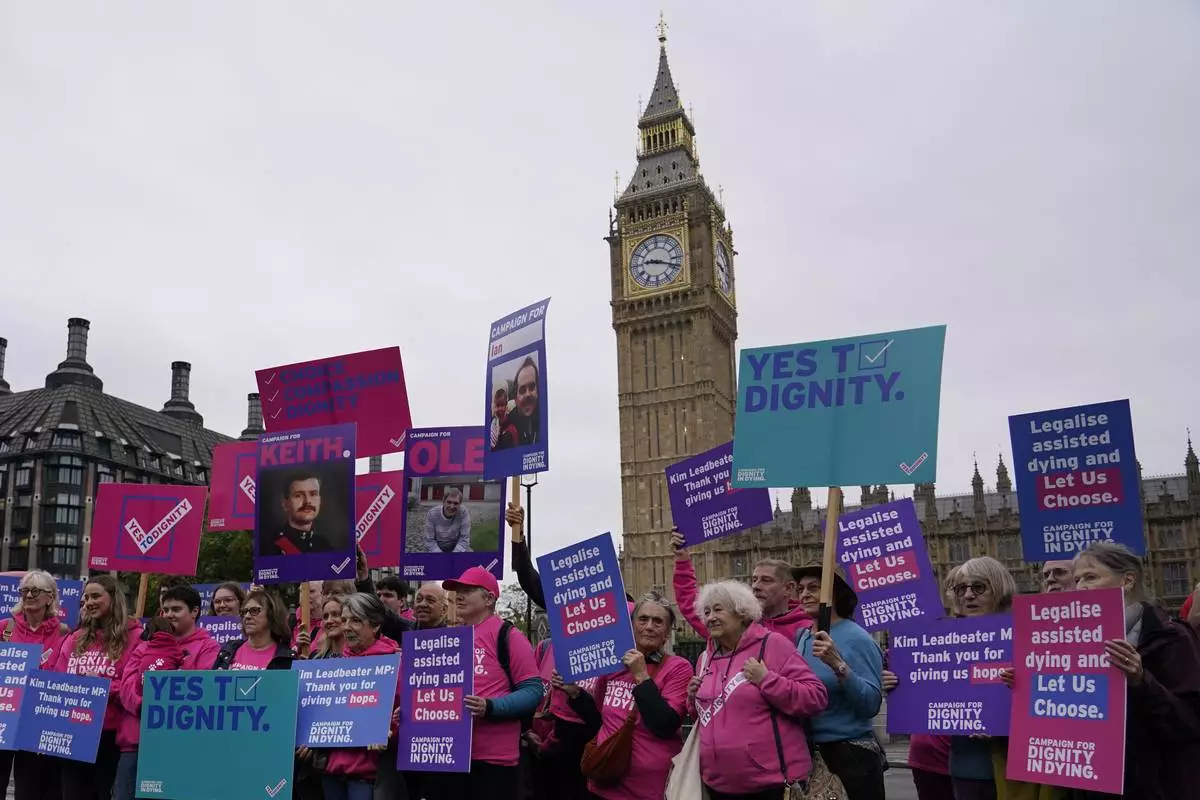
FILE - A small demonstration by people advocating assisted dying hold a protest outside the Hoses of Parliament as a bill to legalise assisted dying is to be put before lawmakers in London, England, Oct. 16, 2024. (AP Photo/Alberto Pezzali, File)


